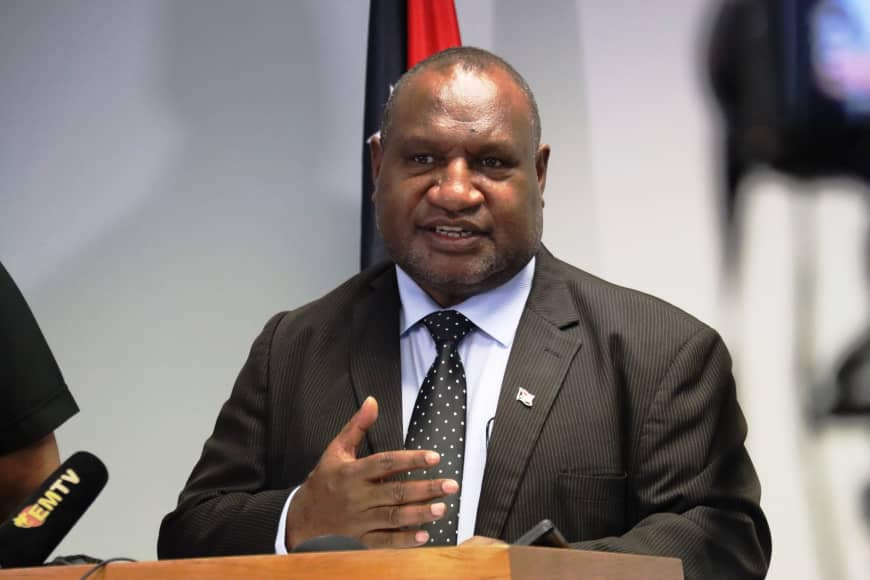Prime Minister and Acting Health Minister Hon. James Marape has issued a resounding call for heightened accountability and transparency within Provincial Health Authorities (PHAs) across Papua New Guinea.
Speaking in Parliament on Wednesday, August 9, 2023, Prime Minister Marape introduced the Provincial Health Authorities (Amendment) Bill 2023. The bill, which garnered unanimous support from Parliament, aims to amend the Provincial Health Authorities Act (2007), the legislation that established the framework for the 21 Provincial Health Authorities and Boards operating in the provinces.
Prime Minister Marape acknowledged that while the PHA Act (2007) successfully unified a once-divided health service and granted autonomy to PHAs to manage their operations, the current health challenges faced by these authorities are substantial and pose a barrier to the delivery of safe and high-quality health services to the public.
“These challenges encompass matters of CEO accountability, organisational structures, reporting mechanisms, coordination, monitoring, and the effective implementation of the National Health Plan and National Health Service Standards,” he stated.
“The sound governance of the health system is a prerequisite for efficient health service delivery. Hence, the Health Department, with the backing of our government, recognises the urgency in addressing these issues.
“The Government perceives the pressing need to tackle these challenges head-on by amending the PHA Act. This revision aims to bolster the overall governance, management, and leadership of PHAs, thereby enhancing the quality of healthcare services in Papua New Guinea. Additionally, it will establish a robust reporting system and foster improved coordination between the Health Department, Provincial Government, and Provincial Health Authority.”
The Provincial Health Authority (Amendment) Bill introduces 14 key amendments, which include provisions addressing:
1. Functions of PHAs;
2. Compliance by PHAs;
3. Powers to establish committees;
4. Constitution of boards;
5. Merit requirements for non-ex-officio board members;
6. Annual reporting;
7. Functions of the CEO;
8. Quarterly reporting by the CEO;
9. Appointment of officers;
10. Complaints and investigations;
11. Complaint and investigation processes;
12. Repeal of Sections 59, 60, 61, 62, and 63;
13. Model policy functions of PHAs; and
14. Development of further regulations under the PHA Act.
“As Papua New Guinea seeks to fortify its healthcare landscape, these amendments underscore the Government’s commitment to nurturing transparent, efficient, and accountable health services for the nation,” Prime Minister Marape said.






